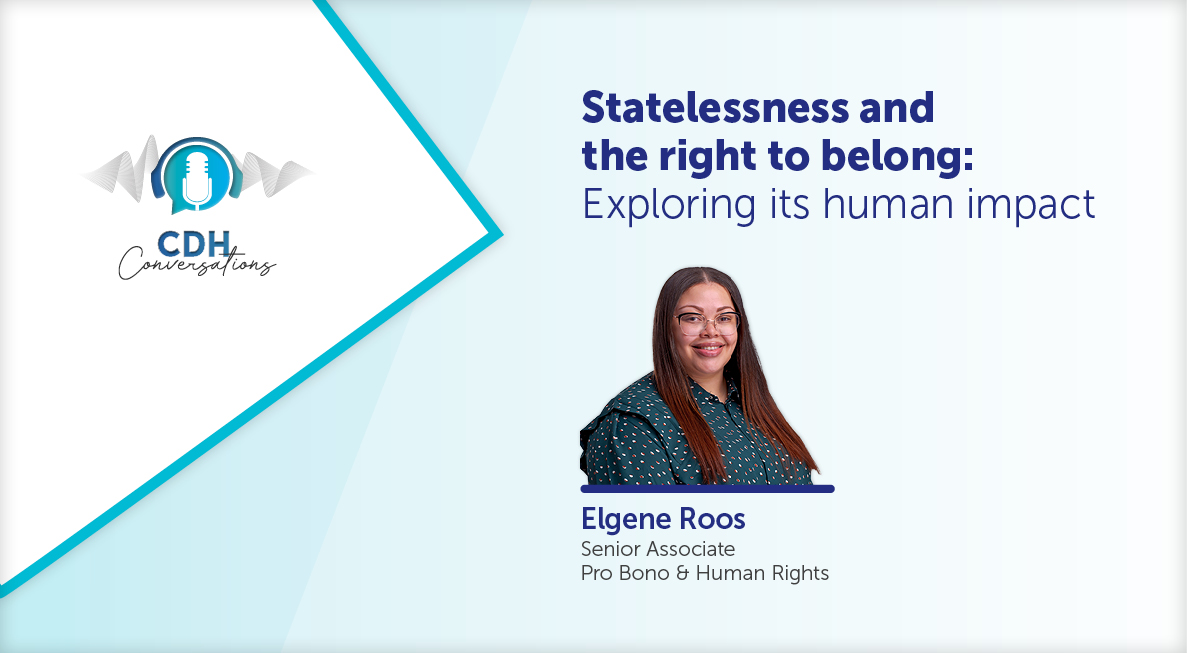A creature of statute: A decision about the Tax Court’s power to increase understatement penalties
Facts
During the 2011 to 2014 years of assessment, the Taxpayer paid provisional tax to SARS, following which it submitted nil tax returns (being tax returns that reflect that a taxpayer had neither received income nor incurred expenditure in the year of assessment), as a result of which a refund became due by SARS. Given the magnitude of the refund claimed by the Taxpayer, SARS initiated an audit into the Taxpayer’s corporate income tax (CIT) and value added tax (VAT) affairs.
During the audit process, it was discovered that the Taxpayer had concluded consultancy agreements in terms of which it had earned substantial income. Furthermore, these agreements stipulated that the fees payable to the Taxpayer were inclusive of VAT. Despite this, the Taxpayer submitted nil returns for CIT purposes for the 2011 to 2014 years of assessment, failed to register for VAT and failed to submit VAT returns for the relevant tax periods.
Following the audits, SARS imposed understatement penalties on the Taxpayer at a rate of 100% in respect of both CIT and VAT. Pursuant to an objection by the Taxpayer, the rates of the understatement penalties were reduced to 25% for CIT and 50% for VAT.
The Taxpayer appealed to the Tax Court, which was asked to determine whether SARS was justified in imposing the understatement penalties. However, the Tax Court went further and in terms of its powers in s129(3) of the TAA, increased the understatement penalties to 100% in respect of both CIT and VAT.
Judgment
The SCA was required to give judgment on two aspects of the appeal, specifically:
- Whether or not SARS had proven that it was entitled to impose understatement penalties in terms of s222 of the TAA; and
- Whether the Tax Court was entitled to increase the understatement penalties imposed by SARS.
Regarding SARS’s entitlement to impose the understatement penalties, the SCA examined the definition of the term “understatement” as contained in s221 of the TAA. The SCA held that an understatement arises only when the conduct referred to in s221 results in some prejudice to SARS or the fiscus, and that the onus to prove that prejudice rests on SARS in terms of s102(2) of the TAA. The SCA found that prejudice is not only determinable in financial terms, but includes the time and human capital resources employed in conducting the audit into the Taxpayer’s tax affairs.
While it was submitted on behalf of the Taxpayer that no prejudice was suffered by SARS as the Taxpayer had paid substantial amounts of provisional tax to SARS, it was confirmed that SARS would be unable to allocate the aforementioned amounts to relevant governmental activities until such time as the Taxpayer submitted a return and SARS was able to assess whether there was an amount owing by or due to the Taxpayer. The Taxpayer’s failure to submit its returns prevented SARS from carrying out its assessment. As such, the SCA held that SARS had discharged its onus to prove that prejudice was suffered.
In deciding whether the Tax Court was entitled to increase the understatement penalties imposed by SARS, the SCA considered s129(3) of the TAA and rule 34 of the rules promulgated in terms of s103 of the TAA (Tax Court Rules).
Section 129(3) states that, in the case of an appeal against an understatement penalty imposed by SARS under a tax Act, the Tax Court must decide the matter on the basis that the burden of proof is upon SARS and may reduce, confirm or increase the understatement penalty imposed.
Rule 34 of the Tax Court Rules states that the issues in an appeal to the Tax Court will be those contained in the statement of grounds of assessment and opposing the appeal, read with the statement of grounds of appeal and, if any, the reply to the grounds of appeal.
As SARS had not raised the matter of an increase in the reduced penalties in its statement of grounds of assessment, the SCA found that it was not competent for the Tax Court to have increased the reduced penalties. Ultimately, it was found that the powers conferred on the Tax Court by the TAA are limited by what is stated in the Tax Court Rules. Section 129(3) of the TAA had to be read in conjunction with rule 34 of the Tax Court Rules.
Comment
The judgment will be welcomed by taxpayers involved in disputes with SARS regarding understatement penalties, in particular, as it reaffirms that the Tax Court cannot of its own volition, increase an understatement penalty.
An understatement penalty may only be increased by the Tax Court where SARS has submitted in its statement of grounds of assessment and opposing the appeal, in terms of Rule 31 of the Tax Court Rules, that the understatement penalty should be increased. This is consistent with s102 and s134 of the TAA, which expressly state that when it comes to the imposition of understatement penalties, SARS bears the burden proof regarding the understatement penalty to be imposed.
The judgment further illustrates that the Tax Court is a creature of statute and that it may only do such things allowed in terms of its empowering legislation, being the TAA and the Tax Court Rules.
The information and material published on this website is provided for general purposes only and does not constitute legal advice. We make every effort to ensure that the content is updated regularly and to offer the most current and accurate information. Please consult one of our lawyers on any specific legal problem or matter. We accept no responsibility for any loss or damage, whether direct or consequential, which may arise from reliance on the information contained in these pages. Please refer to our full terms and conditions. Copyright © 2026 Cliffe Dekker Hofmeyr. All rights reserved. For permission to reproduce an article or publication, please contact us cliffedekkerhofmeyr@cdhlegal.com.
Subscribe
We support our clients’ strategic and operational needs by offering innovative, integrated and high quality thought leadership. To stay up to date on the latest legal developments that may potentially impact your business, subscribe to our alerts, seminar and webinar invitations.
Subscribe




